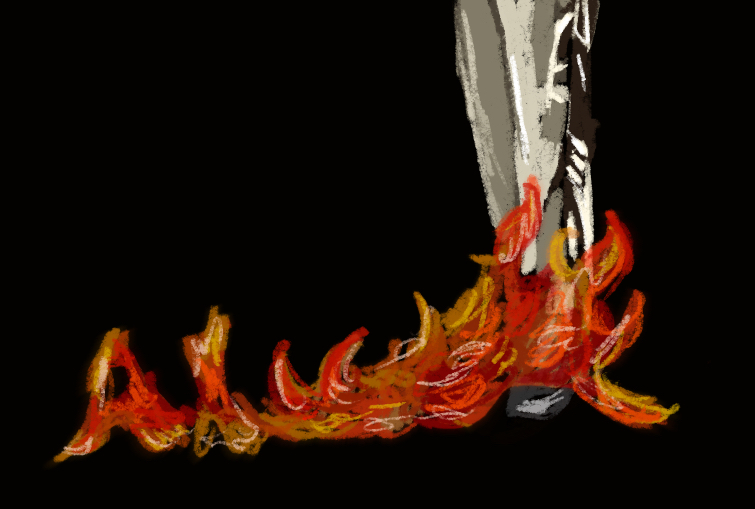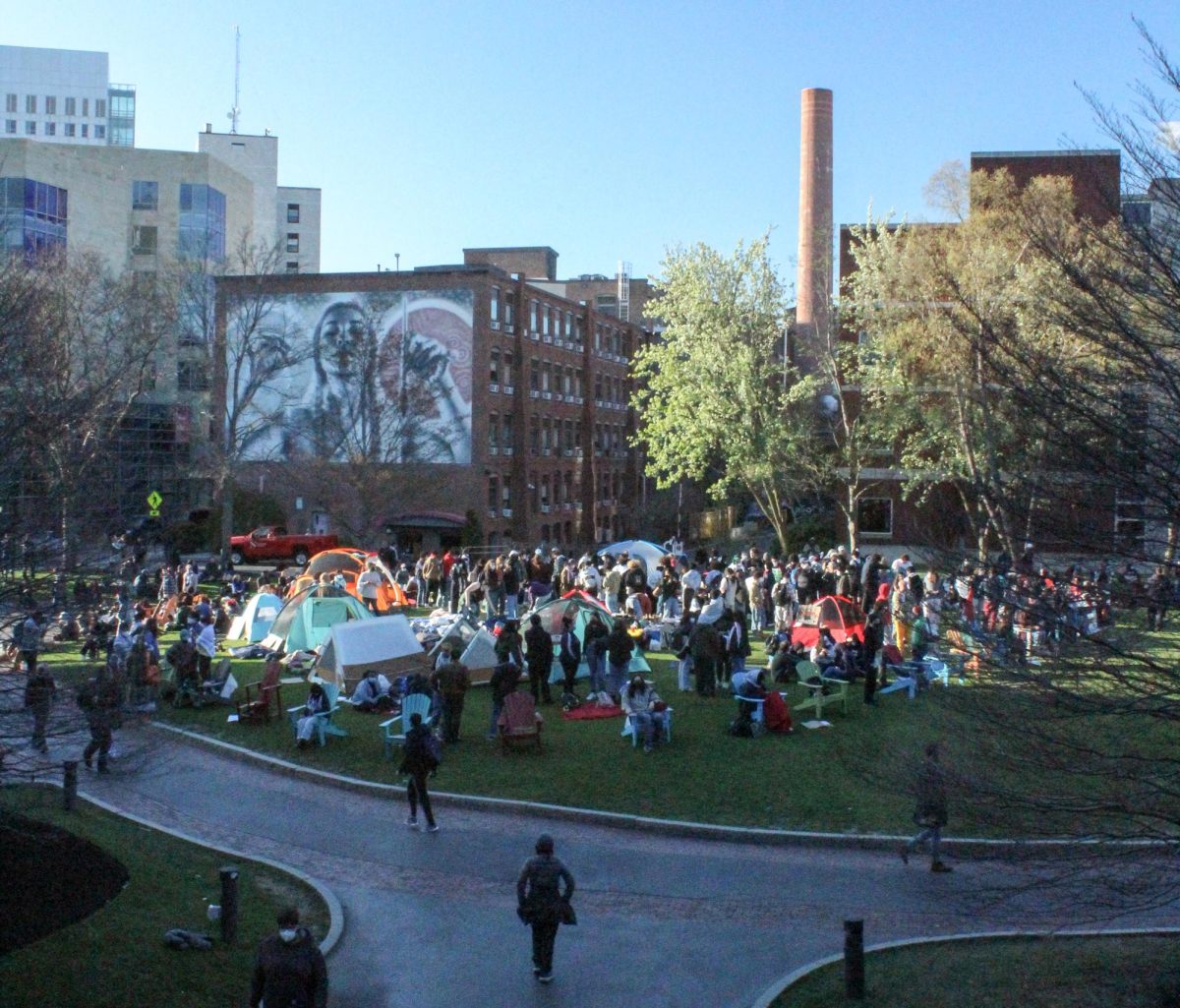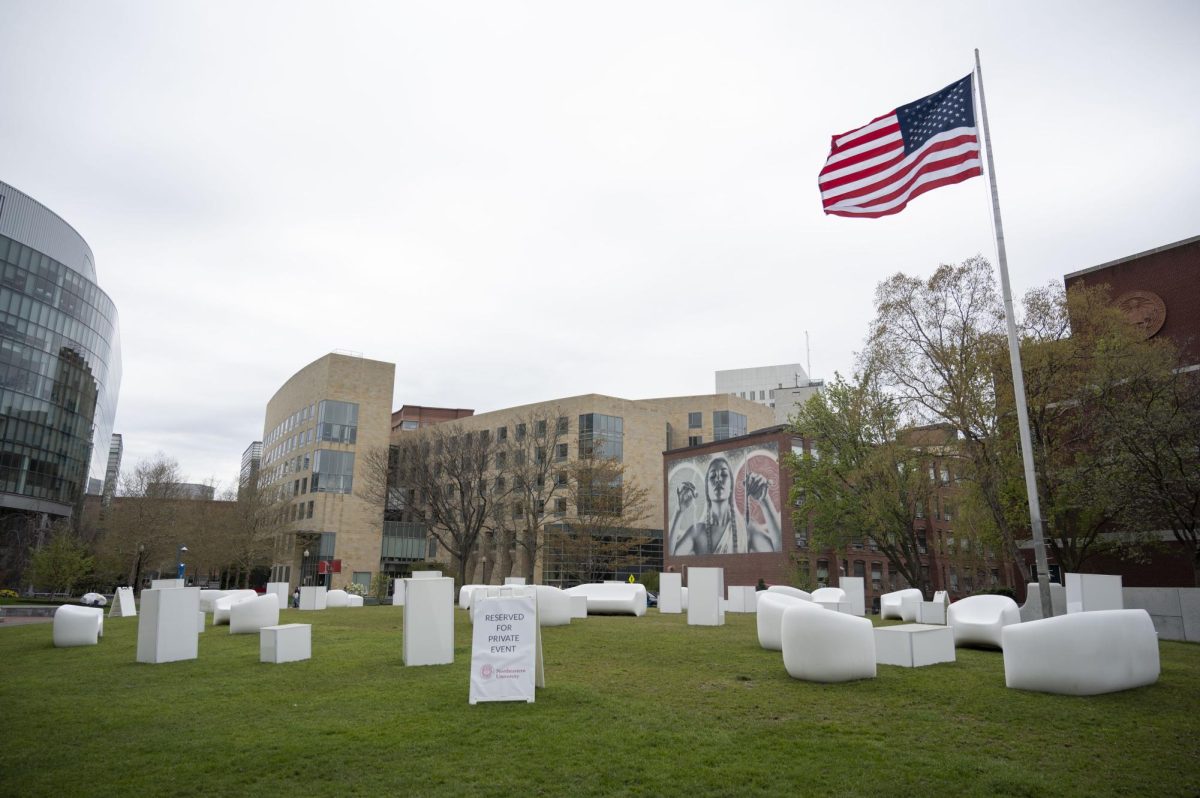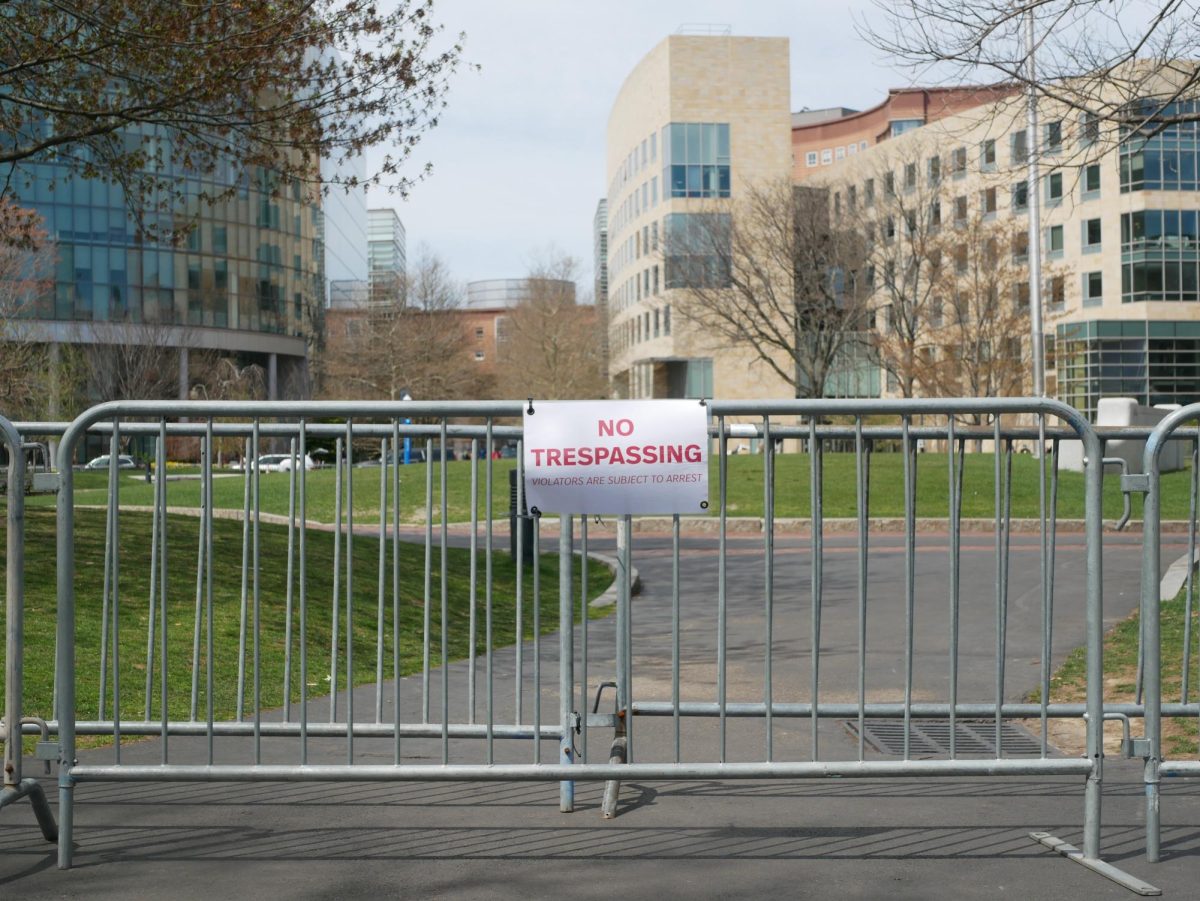Robert Bruegmann defended suburban expansion in the United States and Europe against what he said were misleading and inaccurate criticisms in a lecture about his new book, “Sprawl: A Compact History.”
Suburban expansion, which he called “decentralization of cities” and “sprawl,” is a natural result of economic growth within a society, and not the evil that some academics and activists have suggested, Bruegmann said Monday night at the Raytheon Amphitheatre.
Sprawl, he said, has given people a level of privacy, mobility and choice was previously only available to the wealthiest, he said.
“This has pretty much been the nirvana for the urban population,” he said.
Bruegmann did not advocate suburban expansion as the only way for a society to create liveable space. He instead said the benefits of sprawl have been ignored and its drawbacks exaggerated.
Critics of suburban expansion, which include environmentalists, urban planners and historic preservationists, have escalated the debate, Bruegmann said.
“Sprawl is a terrible diagnostic tool,” he said. “It lumps together environmental issues with trivial arguments [about suburban life], and it distracts from real urban problems. ‘Sprawl’ is an accusatory, polemical word.”
Bruegmann traced the history of sprawl from ancient Rome and 19th- Century London and Paris to present-day cities like Los Angeles and Kansas City.
Historically, overcrowding, health hazards, crime and other problems have driven people from cities to lower-density areas. Suburbs emerged when a portion of an urban population was affluent enough to move where fewer people were concentrated, he said.
“People escape the evils of density,” he said. “Whenever people have been able to get out of dense, dirty, compact areas, they did.”
The same trend exists today, Bruegmann said.
“What correlates most with sprawl is affluence,” he said. “The more money people have, the more easily they can achieve the amount of space they want.”
Bruegmann said recent efforts to stop sprawl have limited personal freedom and mobility and caused housing prices to rise and home ownership to decrease. Reform groups and urban planners have halted development by establishing no-build zones and creating public transportation, he said, but their success has not affected greater problems like air pollution, traffic or lack of affordable housing.
After researching the topic, Bruegmann said he found himself defending sprawl against criticism from his colleagues, nearly all of whom opposed it.
But Bruegmann said his argument is finally beginning to gain support.
“There’s a movement toward what I’m talking about,” he said. “Now it’s not out of left field. It’s become a debate for the first time.”













